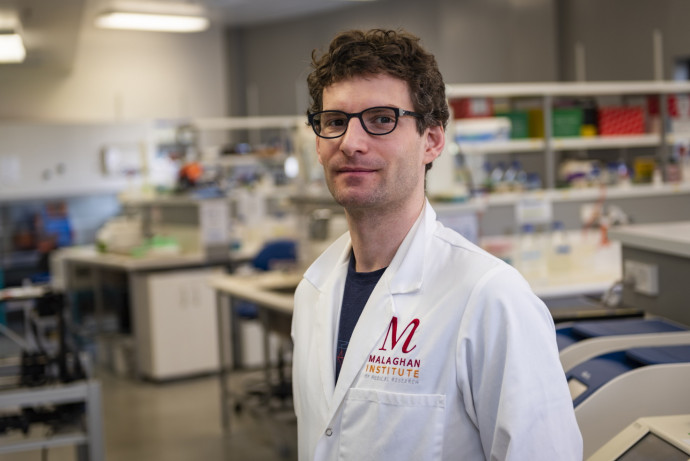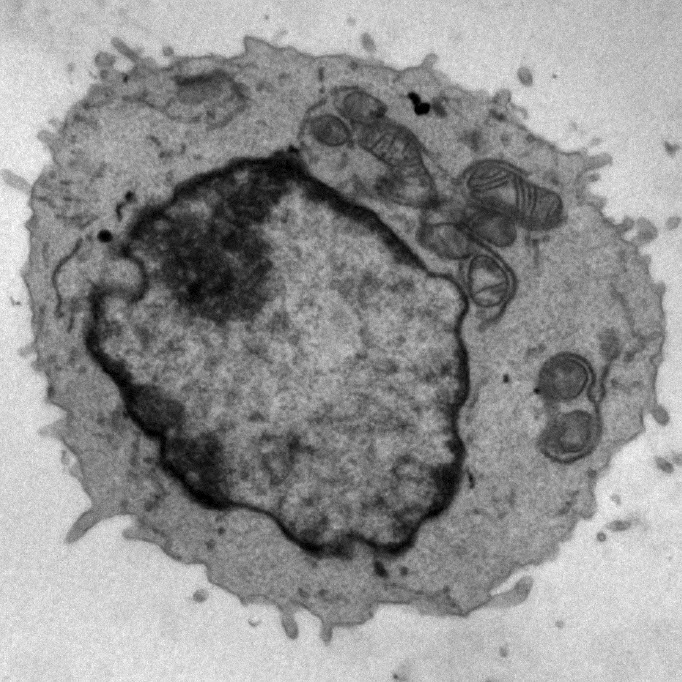The double-edged sword of fever: can it get too hot for our T cells?

Dr David O’Sullivan of the Malaghan Institute of Medical Research will determine the impact of fever on immune cell function during infections
Published on 3 Whiringa-ā-rangi November 2021
Fever is a common symptom in many infectious diseases. Previous research shows that the increased temperature associated with fever can directly impair viral and bacterial replication, helping us to overcome viruses and infections. However, the specific impacts fever has on the body’s own immune system are not well understood.
Dr David O’Sullivan has been awarded a Marsden Fund Fast-Start grant to examine the impact of fever on the immune system during infectious disease. Fever, it turns out, might be a double-edged sword. Dr O’Sullivan has shown that fever improves the ability of immune system T cells to become activated, which helps them to fight infection. Once infection is cleared however, ongoing fever may compromise the ability of T cells to remember and re-engage with the same germs in the future. The work of this project will be to probe this double-edged relationship in greater detail across a range of infectious diseases. Dr O’Sullivan will then be able to draw conclusions on how the T cell’s response, physical characteristics, and survival are altered by fever.

Electron micrograph of an activated T cell. Image: supplied
Ultimately this work will develop a better understanding of how fever could be modified to maximize the efficiency of our body’s immune system, for example by raising the temperature using heat packs, or lowering temperature using ibuprofen or paracetamol, as appropriate. Apart from developing our fundamental knowledge of human biology, this project could help improve outcomes for patients with infectious diseases such as Covid-19.
